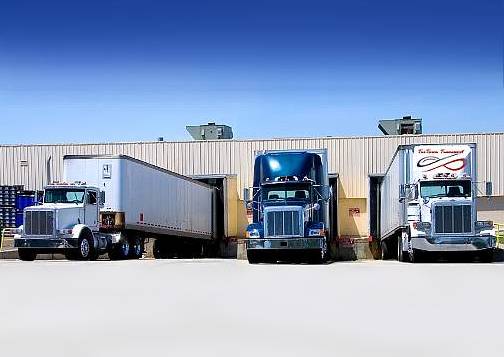
Introduction
The world of freight transportation has seen remarkable transformations over the years, guided by specialized freight experts. From its humble beginnings with basic, non-specialized trucks to the current era of highly specialized vehicles and logistics solutions, the industry has continuously evolved. This essay delves into the history of specialized freight, highlighting what has become obsolete, what is new, and what the future may hold for this critical sector of the transportation industry.
The Past: What Was Old and Obsolete
Non-Specialized Trucks: In the early days of freight transportation, specialized trucks were rare. General-purpose trucks were used for hauling all types of cargo, regardless of size, weight, or fragility. These non-specialized trucks lacked the features and equipment necessary for handling specialized freight securely.
Limited Technology: The past was characterized by a lack of advanced technology, which made it challenging to manage specialized freight efficiently. GPS systems, real-time tracking, and communication tools were either non-existent or rudimentary, leading to inefficiencies and delays.
Manual Labor: Loading and unloading specialized freight often required significant manual labor, which was not only time-consuming but also posed safety risks to workers. Lifting heavy or delicate cargo without the aid of modern equipment was a common practice.
Limited Safety Measures: Safety standards for specialized freight transportation were less stringent in the past. This led to a higher risk of accidents and cargo damage due to inadequate securing and packaging techniques.

The Present: What Is New
Specialized Equipment: One of the most significant advancements in specialized freight transportation is the development of specialized equipment tailored to handle specific types of cargo. This includes flatbed trailers, refrigerated trucks, tanker trucks, and more, each designed to address the unique needs of various industries.
Advanced Technology: Cutting-edge technology benefits the present-day specialized freight industry. GPS tracking, telematics, and route optimization software have revolutionized logistics and improved efficiency, allowing for real-time monitoring of cargo and vehicles.
Safety Regulations: Current safety regulations have become more stringent, focusing on securing cargo and reducing accidents. Stricter enforcement of safety measures has improved the overall safety record of the specialized freight industry.
Skilled Workforce: A skilled and certified workforce ensures that they handle the unique requirements of different types of cargo. Skilled and certified professionals ensure that specialized freight is transported safely and efficiently.
Customized Solutions: Specialized freight experts now offer customized logistics solutions to meet the specific needs of their clients. They tailor services and equipment options, enhancing customer satisfaction.
